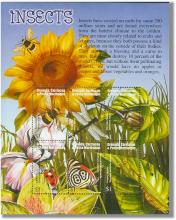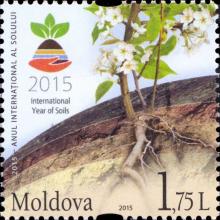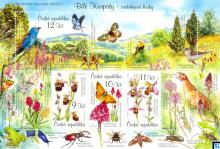Paul Kirkland: How the plight of the butterfly may hit Scotland’s wild flowers
Much attention has been given to the plight of bees because of their importance as pollinators of major crops. But there is growing evidence that butterflies and moths – many of which have suffered dramatic declines in recent years – play an important role as specialist pollinators of some of our favourite wild flowers. A Swedish study recorded pollen on the bodies of three-quarters of butterfly species examined with some individuals carrying up to 350 grains.










